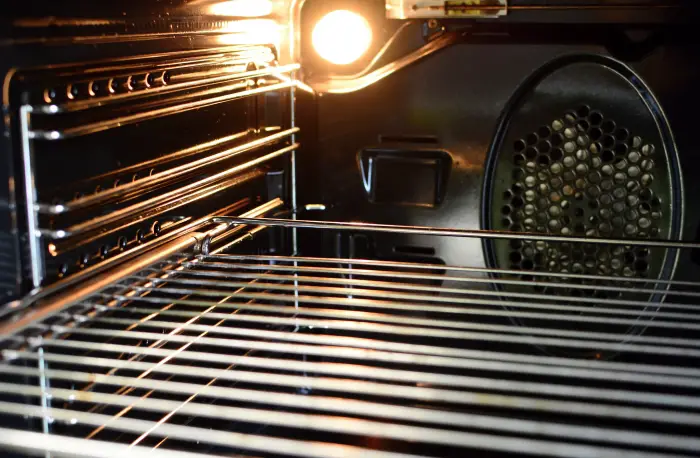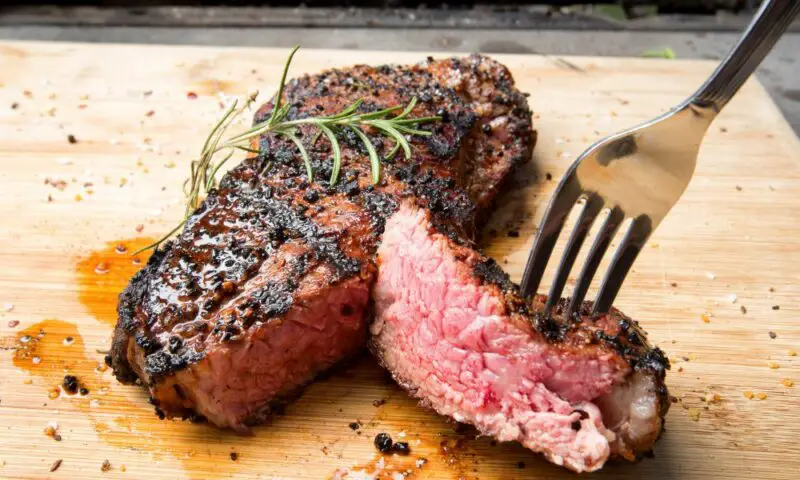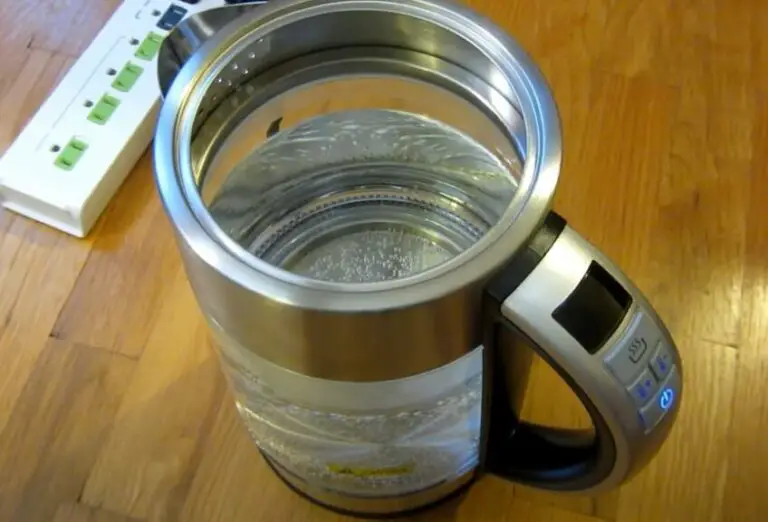Boiling vinegar is a fascinating kitchen science experiment that sparks curiosity in many of us. Have you ever wondered what happens when you subject vinegar to heat? As it turns out, boiling vinegar sets off a chemical reaction that brings about some intriguing changes. Not only is the process captivating, but it also has practical applications in cooking and cleaning.
Key Takeaways:
- Boiling vinegar leads to a chemical reaction.
- Vinegar contains acetic acid which vaporizes when heated.
- The vaporization process releases pungent vinegar fumes.
- Boiling vinegar enhances its cleaning properties.
- Vinegar is commonly used in pickling and marinating.
The Science Behind Boiling Vinegar
When you boil vinegar, the main component that undergoes a transformation is acetic acid, which is the active ingredient in vinegar. Acetic acid has a boiling point of around 244 degrees Celsius (471 degrees Fahrenheit), which means it will vaporize when heated. As the vinegar heats up, the acetic acid within it starts to evaporate and turn into a gas. The vaporization process allows the acetic acid to escape from the liquid form.
This transformation occurs due to the presence of water in vinegar. Vinegar is made through the fermentation process of ethanol or sugars by acetic acid bacteria. The acetic acid bacteria convert the alcohol or sugars into acetic acid and water. It is this water content that enables the acetic acid to transform into a gas form when heated. As the vinegar continues to boil, the concentration of acetic acid in the remaining liquid increases.
This scientific process of vaporization plays a crucial role in the culinary and cleaning applications of boiling vinegar. Understanding the science behind boiling vinegar allows us to harness its unique properties for various purposes, whether it’s for pickling vegetables, tenderizing meat, or using it as a natural cleaning agent. By knowing how acetic acid vaporizes, we can maximize the benefits and applications of boiling vinegar in our everyday lives.
Table: Boiling Points of Vinegar Components
| Component | Boiling Point (°C) |
|---|---|
| Water | 100 |
| Acetic Acid | 244 |
| Other Volatile Compounds | Varies |
Odor and Fumes
When boiling vinegar, one of the distinct characteristics that emerges is the pungent smell. This odor is primarily due to the release of acetic acid into the air as vapor. As acetic acid vaporizes, it disperses throughout the kitchen, creating the strong vinegar fumes that are familiar to many. The intensity of the smell can vary depending on factors such as the concentration of acetic acid in the vinegar and the duration of boiling.
It is important to note that while the smell may be overpowering, it is generally harmless. However, individuals with respiratory sensitivities or allergies may find the smell unpleasant or irritating. Proper ventilation is recommended when boiling vinegar to minimize the concentration of vinegar fumes in the air and prevent any discomfort.
H3: Safety Measures
Although the odor may be unpleasant, it is important to remember that vinegar fumes are generally not harmful. However, it is crucial to exercise caution and ensure a safe environment when boiling vinegar. Here are some safety measures to keep in mind:
- Ensure proper ventilation by opening windows or using exhaust fans to dissipate the vinegar fumes.
- Avoid directly inhaling the vinegar fumes for an extended period. If you find the smell overwhelming, you can wear a mask or step away from the area.
- Do not lean directly over the pot when boiling vinegar to avoid exposing yourself to excessive fumes.
| Safety Measure | Description |
|---|---|
| Proper ventilation | Open windows or use exhaust fans to disperse the vinegar fumes. |
| Avoid direct inhalation | Do not inhale the vinegar fumes for an extended period. Use a mask if needed. |
| Avoid leaning over the pot | Keep a safe distance to minimize exposure to excessive fumes. |
Note: These safety measures are general guidelines. It is important to assess your own situation and take necessary precautions based on your specific circumstances.
Cleaning Properties
Boiling vinegar has been long known for its powerful cleaning properties. When vinegar is heated, it releases acetic acid vapor, which acts as a natural disinfectant. This makes it highly effective in killing bacteria and germs on various surfaces around the house. Whether you’re looking to clean countertops, remove stains, or disinfect kitchen utensils, boiling vinegar can be a game-changer in your cleaning routine.
One of the remarkable benefits of boiling vinegar is its ability to remove stubborn odors. The acetic acid in vinegar has strong deodorizing properties, making it an ideal solution for eliminating unpleasant smells from your home. Whether it’s the lingering odor of cooked fish or the musty scent in your refrigerator, boiling vinegar can help neutralize and eliminate those unwanted odors.
Removing Stains
In addition to disinfecting and deodorizing, boiling vinegar is also effective in removing tough stains. The acidity of vinegar helps break down and dissolve stubborn stains, making them easier to scrub away. From coffee stains on mugs to mineral deposits on faucets, boiling vinegar can be a reliable and cost-effective solution for tackling a wide range of stains around the house.
It’s important to note that boiling vinegar should be used with caution on delicate surfaces or materials. The acidity of vinegar can potentially damage certain surfaces, so it’s always recommended to test it on a small, inconspicuous area before proceeding with a larger cleaning task.
| Surface | Cleaning Method |
|---|---|
| Countertops | Mix equal parts boiled vinegar and water in a spray bottle. Spray the solution onto the surface and wipe clean with a microfiber cloth. |
| Coffee Maker | Fill the reservoir with boiled vinegar and run a brewing cycle. Rinse the coffee maker thoroughly with water to remove any vinegar residue. |
| Cutting Boards | Boil vinegar in a pot and pour it over the cutting board. Let it sit for a few minutes, then scrub with a brush and rinse with water. |
With its disinfecting, odor-removing, and stain-busting abilities, boiling vinegar proves to be a versatile and eco-friendly cleaning agent. So the next time you’re faced with a cleaning challenge, consider reaching for vinegar and harnessing its cleaning power, simply by boiling it.
Culinary Uses
When it comes to culinary applications, boiling vinegar plays a significant role in pickling, marinades, and cooking. In the world of pickling, vinegar is a staple ingredient in creating those tangy, preserved delights we love. The acetic acid released when vinegar is heated helps break down the fibers in vegetables and fruits, resulting in tender pickled treats that burst with flavor.
Marinades, too, benefit from the process of boiling vinegar. By infusing meats or vegetables with a vinegar-based marinade, the acetic acid works its magic, tenderizing the proteins and enhancing the overall taste. The heat from boiling vinegar allows the flavors to develop and meld together, resulting in mouthwatering dishes that tantalize your tastebuds.
But boiling vinegar isn’t limited to preserving and marinating alone; it has its place in everyday cooking as well. Sometimes, certain recipes may call for a milder flavor or a reduction in acidity. Boiling vinegar provides a solution by reducing that strong acidic taste, allowing the other ingredients to shine while still providing a hint of tanginess.
FAQ
Q: What happens when you boil vinegar?
A: When you boil vinegar, a chemical reaction occurs, causing the acetic acid in vinegar to evaporate and turn into a gas.
Q: Why does vinegar release a strong odor when boiled?
A: The strong smell is a result of the acetic acid escaping into the air as vapor when vinegar is boiled.
Q: Can boiling vinegar help with cleaning?
A: Yes, boiling vinegar enhances its cleaning properties as the acetic acid released acts as a disinfectant and removes odors and stains.
Q: How is boiling vinegar used in cooking?
A: Boiling vinegar is commonly used in pickling and marinating to preserve and add flavor to vegetables and fruits. It can also help tenderize dishes.





